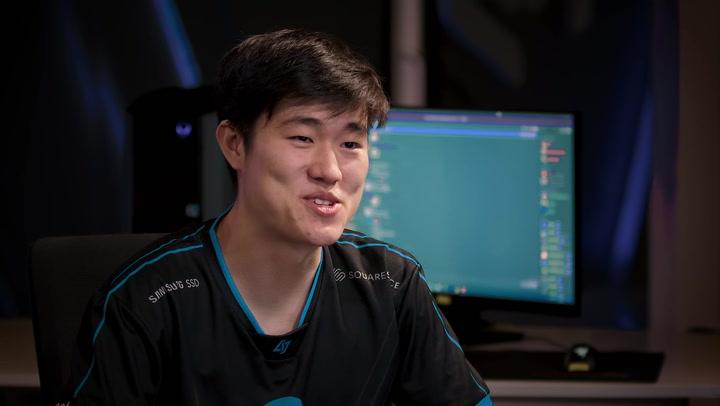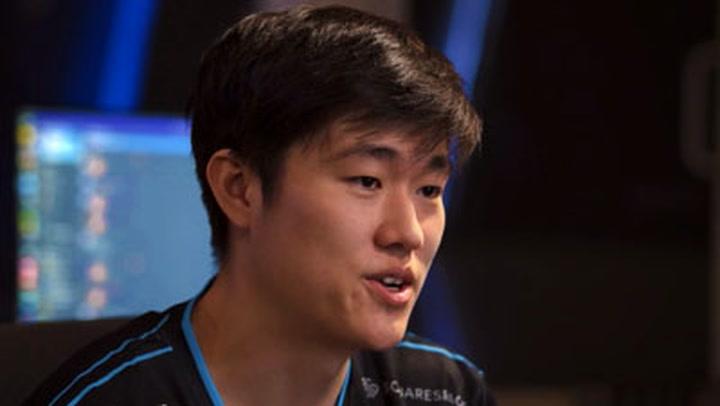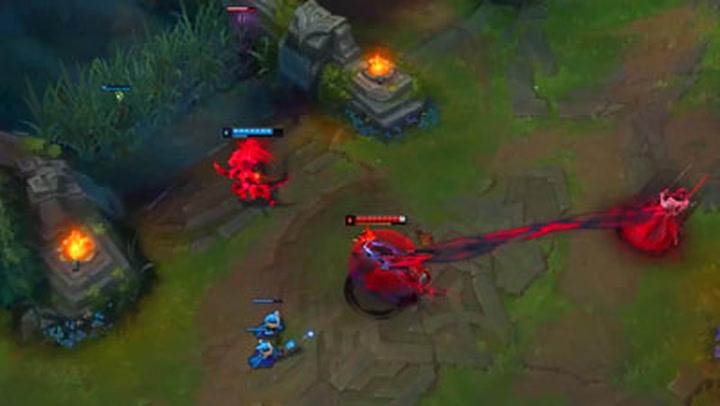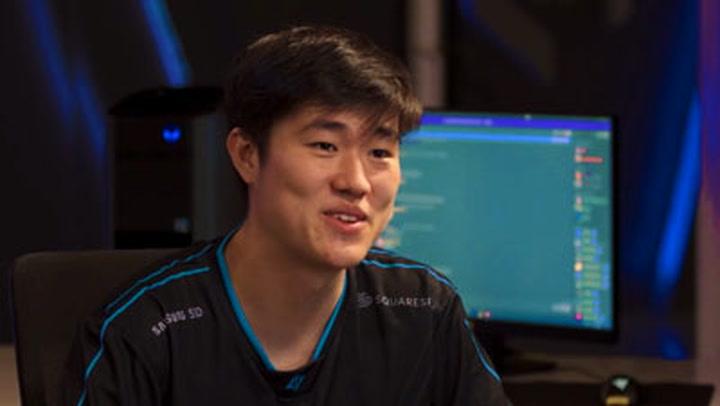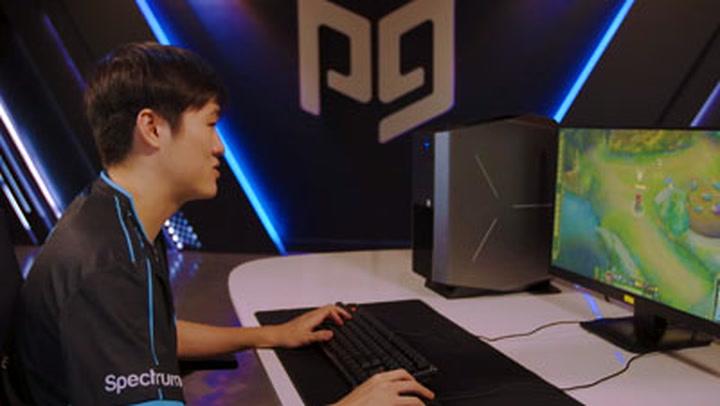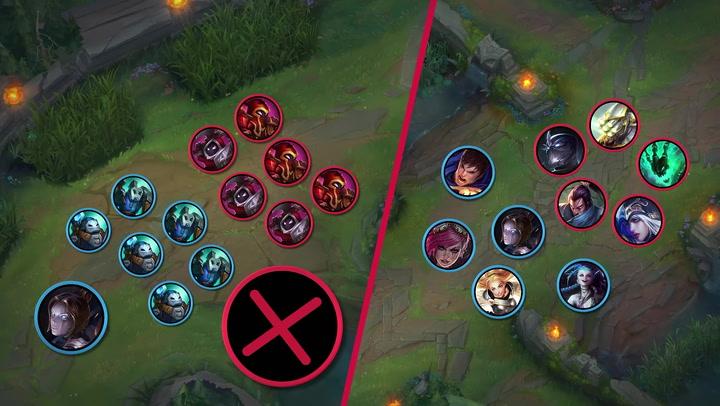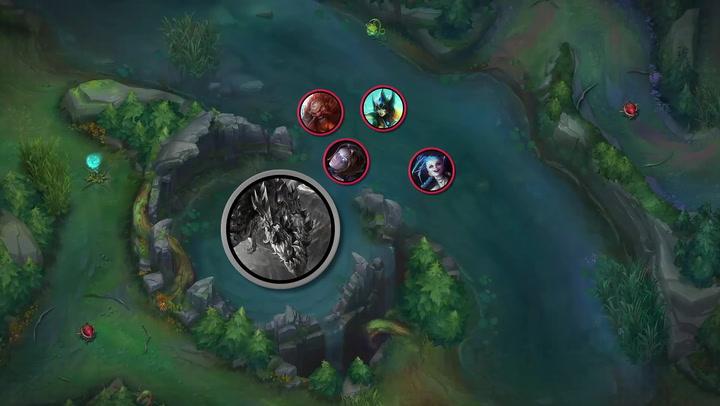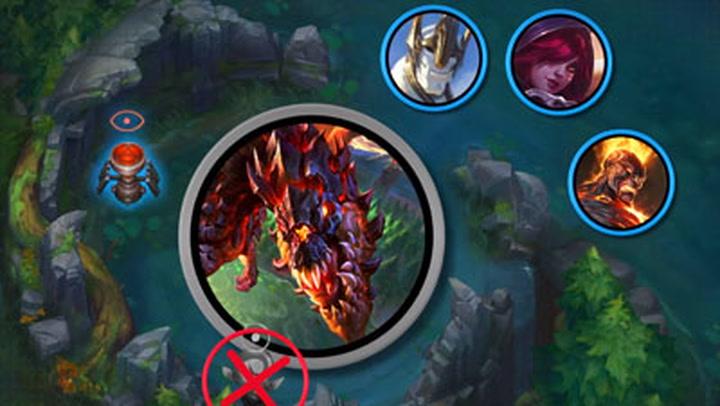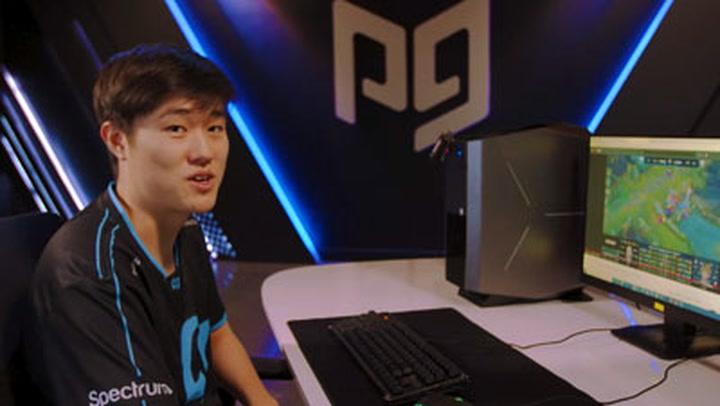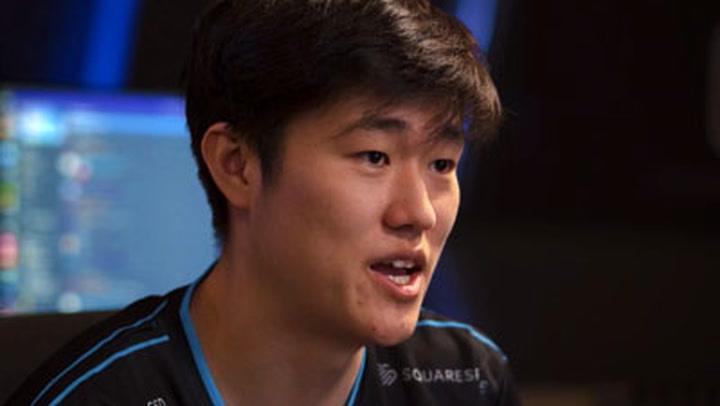Pobelter Teaches Advanced Mid Lane
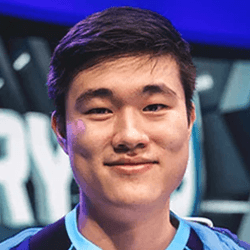
Pobelter
Mid To Late Game Tactics
Lesson 6
Pobelter covers his thoughts on Mid and Late game tactics for solo queue, discussing:
What to consider when deciding where to be on the map in the mid to late game
How to approach the dilemma of farming side lanes or grouping
Pobelter’s tips for being more consistent when side laning
Ways to help get your solo queue team on the same page
Tips on how to better predict the outcome of fights

Aimlabs Challenge
In your next 3-5 ranked games, pay close attention to every mid-late game neutral objective (dragon, baron, herald). Ask yourself if your teammates are in position early enough to make an organized contest or if it might be better to look for a cross map play. Getting in the habit of doing this will help you avoid encouraging your teammates to take risky contests when better options are available.
Lessons
Pobelter discusses his approach to having a successful early game, including:
Different ways you can build advantages in winning matchups and minimize losses in bad ones
How your team’s jungle archetype should affect your early game plan
Ways you can better manage your resources
Advice on how Pobelter thinks about itemization based on a number of factors
Pobelter discusses what he considers when approaching his laning phase, including:
The general dynamic of several different types of Mid lane matchups
The importance of keeping a ward up on at least one side of mid lane
How summoner spells factor into a player's plan for playing a successful lane
Examples of how to recover after making errors such as taking bad trades
Pobelter explains how even the smallest decisions can impact your game by covering:
How game knowledge dictates the way mid-lane matchups are played
His opinions on the best way to develop and implement your matchup knowledge
An example of Pobelter’s deep game knowledge applied to one of his favorite champions
Pobelter explores the essential relationship between mid laners and their junglers - teaching you:
Why keeping your jungler from falling behind will also help you in the long run
The two main types of junglers that are commonly encountered in League
How to tailor your game plan to synergize well with your jungler’s goals
How to address the dilemma of deciding whether or not to move towards a jungle skirmish
In this chapter, Pobelter covers how to approach vision control from the mid-lane, showing you:
Common warding spots to help keep your team track the enemy jungler
How to play properly around your team’s and your own vision
Safe windows to look for the right timings to ward
The best wards and rotation paths for situations where you’re side-laning
Pobelter covers his thoughts on Mid and Late game tactics for solo queue, discussing:
What to consider when deciding where to be on the map in the mid to late game
How to approach the dilemma of farming side lanes or grouping
Pobelter’s tips for being more consistent when side laning
Ways to help get your solo queue team on the same page
Tips on how to better predict the outcome of fights
Pobelter discusses ways to maintain and use objective control to secure advantages for your team, including:
How to punish the enemy team for overcommitting to an objective
How pushing side lanes contribute to your team’s control over an objective
An in-depth breakdown of how pro teams approach a late game elder dragon fight
Pobelter discusses how to approach grouping for objectives, covering:
How to achieve the right timing when leaving a side lane to group for objectives
The correct vision control setup to maximize your odds of winning a fight
How to handle common solo queue scenarios around objectives
Pobelter helps you maximize the odds of winning late game encounters by going over:
Optimal ways to utilize teleport and how to evaluate the value of your teleports
A breakdown of how crowd control dictates the tempo of a late game LCK teamfight
How lane pressure can force the enemy to make tough decisions
Pobelter wraps up his course by discussing his schedule and training routine as a professional player. He covers:
His practice regiment and typical schedule as a professional player
Examples of setting goals for himself as a player and evaluating those goals.
Recommendations on the correct mindset for improving as a player.
